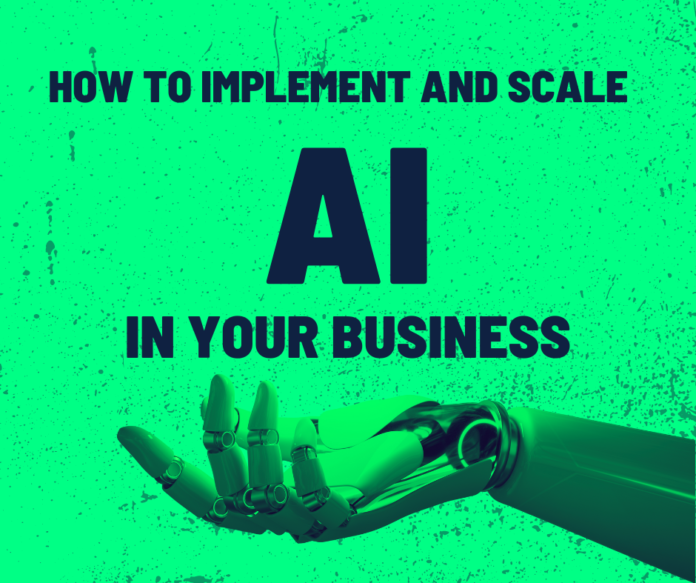The need to expand Artificial Intelligence (A.I.) for business has never been more evident. After the COVID-19 disaster, companies realized the need for modern data infrastructures that drive digital and A.I. transformations. The 2023 Global Trends in A.I. report from WEKA indicates a significant shift from A.I. pilot projects to enterprise-scale integration, with 70% of companies having at least one A.I. project in production. Project in production.
Businesses are striving to tap the potential of A.I. Operating A.I. is a significant goal. This was previously a task only available to tech majors, but now it is essential for every company that wants to be competitive in a changing AI age.
10 AI-Proof Jobs to Save Yourself From the Automation Revolution
Agile A.I. Implementation: Fueling Digital Transformation
The process of iterative development and continual learning emphasizes the rapid deployment of AI. This approach requires a cautious equilibrium between speed and precision, evident in A.I. initiatives. The most important considerations are:
Data Collection and Management for Scalable A.I.: Finding relevant data sources and maintaining a steady stream of quality data is crucial. Flexible data collection techniques are essential to guarantee the ability to adapt the data infrastructure in response to ever-changing A.I. needs.
Robust Data Infrastructure and Storage: The investment in a scalable infrastructure can be a significant investment for your company’s future. Cloud-based solutions offer flexibility to meet changing needs and seamlessly integrate with AI systems.
The Quality of Data and Governance A rigorous data cleansing process and measures for governance are essential to ensure data consistency and accuracy. The compliance with regulations and guaranteeing confidence in A.I.-driven choices are based on these processes.
GPT-4 All Tools: A New Era of Multimodal AI
Collaborative A.I. Scaling Across Departments
A.I. scale requires collaboration across departments and acknowledges the specific skills required. The holistic approach requires the participation of many professionals, from data scientists developing algorithms to machine learning engineers enhancing and integrating the models. The principle behind taking an extensive view, beginning at a low level but delivering value and scaling quickly, will ensure a planned and sustainable method.
Enhancing the performance of employees through A.I. Skills
A.I.’s growth depends on highly skilled experts. Training employees in A.I. abilities goes beyond just the I.T. department and encompasses any area in which A.I. could be utilized. It is essential to keep the best talent and foster A.I. proficiency across various roles.
The Advantages of ChatGPT: Improving Communication with Artificial Intelligence (AI)
Preparing for Seamless A.I. Integration
Effective A.I. integration begins by aligning projects with the business’s goals, discovering feasible use cases, and prioritizing the tasks according to their impact and viability. This systematic approach ensures that A.I. is integrated into ways that directly contribute to the core business. Increasing the size of A.I. is a multi-faceted app that combines agility, collaboration, and constant learning. By proactively taking care of the infrastructure requirements and investing in people, will be able to implement AI solutions to sustain long-term viability successfully. People skilled in growing AI initiatives have the potential to be innovation leaders and create revolutions in their industry.

